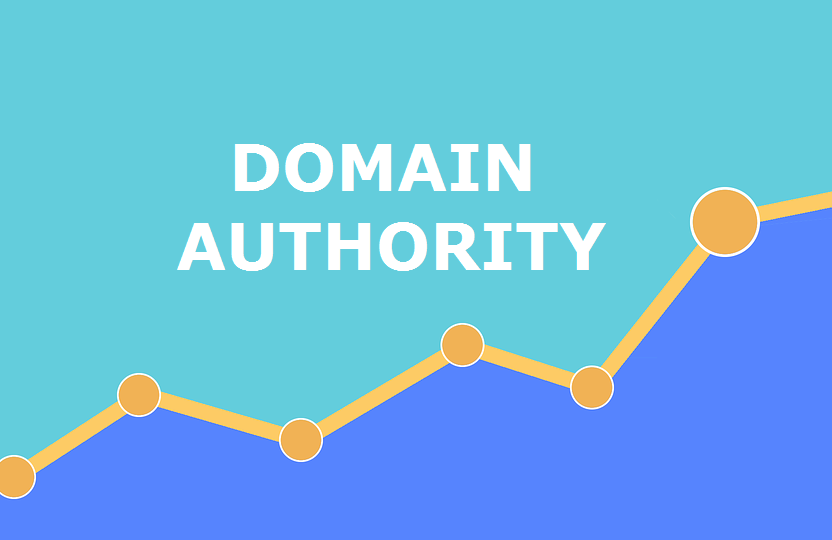Authority is a qualitative measure of web properties that has a significant effect on the website’s overall visibility and rankings in any search engine. Authority is a priority for many SEO experts and most SEO tactics like producing informative content and building links are done with the sole purpose of increasing authority.
Authority alone cannot ensure success with search visibility. You need to look into contextual relevance as well. However, authority acts as a strong indicator of your overall SEO results.
Page authority and Domain authority are the two different types of ‘authority’. Many experts rightfully point out the importance of page and domain authority and how critically they influence SEO optimization.
Page Authority Vs Domain Authority
Page Authority and Domain authority may seem like the same term but refer to slightly different types of authority. Page authority refers to a score that predicts how well a site would perform on the SERP (search engine result pages). Page authority is scored based on a 1 to 100 score system and is scored using logarithms to rank each web page.
Domain authority is similar to page authority in the sense of a scoring system, having the same 1 to 100 scoring points. DA is a ranking score that helps a company determine how likely the site is to show up on the first page of the search results page.
Ignoring the complicated technical aspects of the two, shifting the focus on the main areas relevant for SEO campaigns might put things into a clearer perspective. Domain Authority can be explained as something that describes the authoritative strength of an entire domain, while page authority describes the authoritative strength of a single page on a particular domain.
Differentiating Strategies of the two types of Authorities
The strategies for building and improving domain authority differ from those of page authorities. Let us look into how to increase domain authority and page authority. It is important to keep in mind the difficulty of increasing both drastically. The tactics laid out to improve any authority are meant to be a long-term solution that takes time to pick up.
Domain Authority:
The most straight-forward and effective tactics used by many SEO experts include, but are not limited to:
- Creating high-quality content: High-quality content not only adds value to your brand but also paired with a tight internal linking structure can dramatically improve your DA scores.
- Inbound links: Spending time on gaining high-quality inbound links in terms of external source authority and link relevance can influence your DA scores positively. However, bad links from irrelevant or shady sites can dampen your scores.
- Bad links: You will have to consider the quality of links, both internal and external, that you have embedded. Bad links can lower your score and your page will have very low chances of popping up on the first page of a search result. Removing any bad links pointing to your site or any link haphazardly placed in your site can help boost your scores.
Domain authority offers a high rate of flexibility with regards to how you create content and gain links. It also has other implications to your site, with which time and effort can lead to a great score. An increment in Domain authority scores is reasonably harder to achieve in terms of time consumption when compared to page authority.
Page Authority:
There are some clear ways to achieve an increase in page authority, which are considerably less time consuming than achieving better DA scores. This process also shows tangible results quicker than what you would see with DA. Common strategies to influence page authority includes:
- Choose a domain with high authority: If you create a page on a domain with high authority, your chances of gaining high PA are better. This is not a guaranteed method to give your page a very high score, but your chances are much better than if you were to create a page on a cheap, low rated domain.
- Creating good content: Since you are only looking at the authority of a single web-page, the relevance and rate of engagement of content on the page are of extreme importance. Keeping your content fresh, original, and detailed is a sure-shot way of increasing your PA score.
- Ensure that your page is optimized for SEO: Put the effort into optimizing your page for SEO and making sure that it is fully functional. The loading speed of a page also makes a difference, so try not to have any huge files or code that would increase the loading speed of your page. Also creating good quality internal linking can influence both DA and PA.
Even though the strategies and concepts for the two authorities seem similar, each has a distinct role to play in the success of a website. Ensuring a good score for both can help increase traffic to your website and the number of customers you get. Though page authority seems easier to achieve, domain authority is slightly more important when compared. Getting expert help on how you can positively influence the two will ensure great results.

